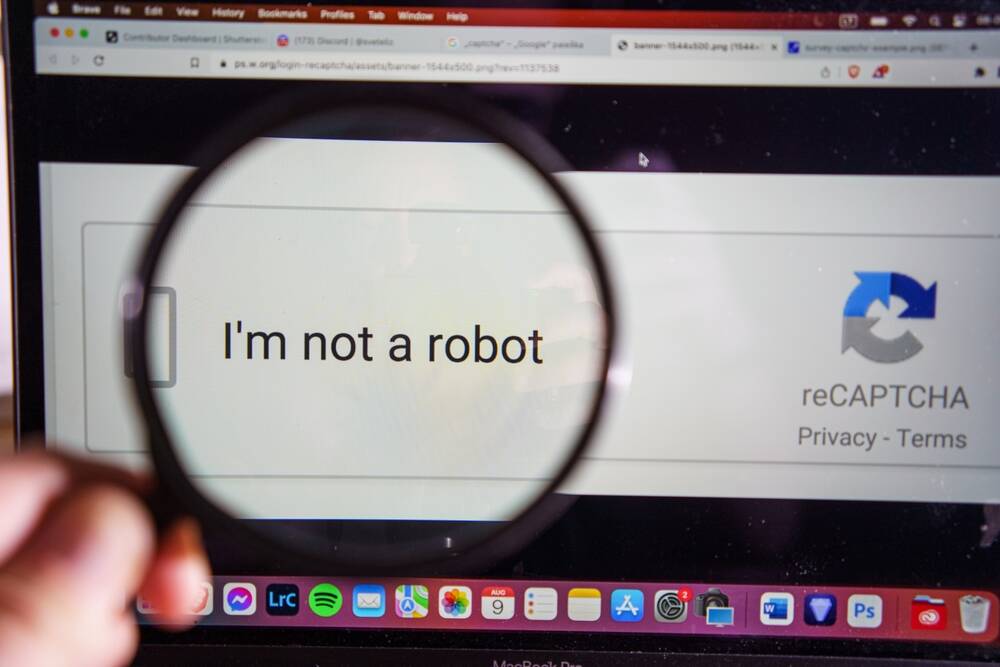- cross-posted to:
- [email protected]
- cybersecurity
- cross-posted to:
- [email protected]
- cybersecurity
Research Findings:
- reCAPTCHA v2 is not effective in preventing bots and fraud, despite its intended purpose
- reCAPTCHA v2 can be defeated by bots 70-100% of the time
- reCAPTCHA v3, the latest version, is also vulnerable to attacks and has been beaten 97% of the time
- reCAPTCHA interactions impose a significant cost on users, with an estimated 819 million hours of human time spent on reCAPTCHA over 13 years, which corresponds to at least $6.1 billion USD in wages
- Google has potentially profited $888 billion from cookies [created by reCAPTCHA sessions] and $8.75–32.3 billion per each sale of their total labeled data set
- Google should bear the cost of detecting bots, rather than shifting it to users
“The conclusion can be extended that the true purpose of reCAPTCHA v2 is a free image-labeling labor and tracking cookie farm for advertising and data profit masquerading as a security service,” the paper declares.
In a statement provided to The Register after this story was filed, a Google spokesperson said: “reCAPTCHA user data is not used for any other purpose than to improve the reCAPTCHA service, which the terms of service make clear. Further, a majority of our user base have moved to reCAPTCHA v3, which improves fraud detection with invisible scoring. Even if a site were still on the previous generation of the product, reCAPTCHA v2 visual challenge images are all pre-labeled and user input plays no role in image labeling.”



Yeah. Written by someone who doesn’t really understand the internet.
Considering the article states that reCAPTCHA v2 and v3 can be broken/bypassed by bots 70-100% of the time, they are obviously not the solution.
At what cost?
100% success rate isn’t even moderately useful if it costs $5 per pass. The discussion is completely pointless without a concrete, documented analysis of the actual hardware and energy costs involved.
“Google should bear the cost”
Google should shut it down and make sites roll their own verification. Give everyone a month to implement a new solution on millions of websites.
deleted by creator
I’m actually 100% for rolling your own… almost everything.
20 years ago I made an e-commerce website for a client. Looking at the code now I’m embarrassed how insecure it is. However, because it was totally custom no one ever found the bugs and it has never been cracked. (Knock on wood) that’s the benefit of not using a prebuilt solution that isn’t a target for mass exploits.
how do you get the metric of 70-100% of the time?
the best bots doing it 70-100% of the time is very different to the kind of bot your average spammer will have access to
Did you read the article or the TL:DR in the post body?
So yeah, while these are research numbers, it wouldn’t be surprising if many larger bots have access to ways around that - especially since those numbers are from 2016 and 2019 respectively. Surely it is even easier nowadays.
that doesn’t answer the question?
i’d argue “bespoke system, deployed in a very limited context, built by researchers at the top of their field” is kind of out of reach for most people? and any bot network scaled up automatically becomes easier to detect the further you scale it
the cost of just paying humans to break these already at or below pennies per challenge
Then what is?
Maybe a billion dollar company has the budget to come up with something?
Looking at the numbers in this post, reCAPTCHA exists to make Google money, not to keep bots out.
I’d rather have no reCAPTCHA than the current state.
Hi it’s me. I work for a billion dollar company with a budget. We have no ethical ideas on how to stop bots. Thanks for coming to my tech talk.
Yeah, that’s about the way I’d expect it to go.
There might be a tiny chance they’re not interested in changing things.
Something something free market?